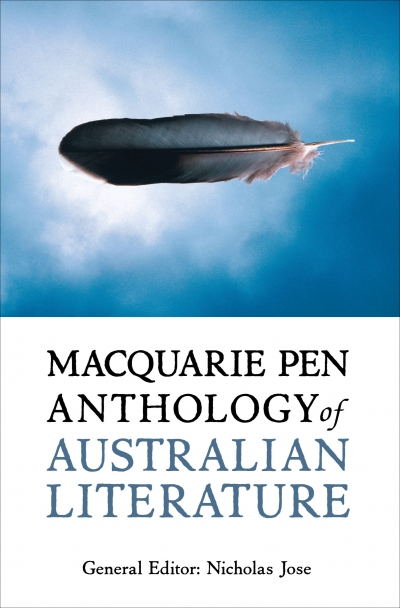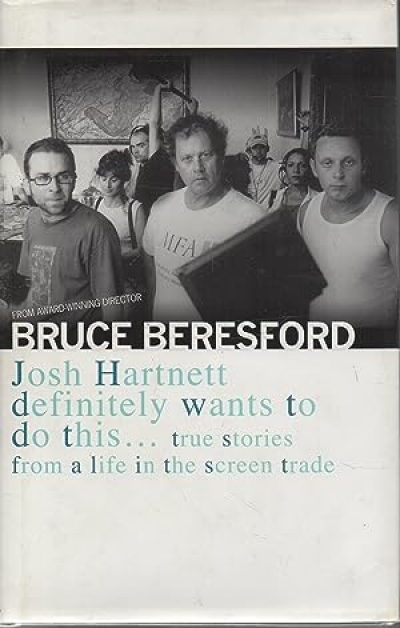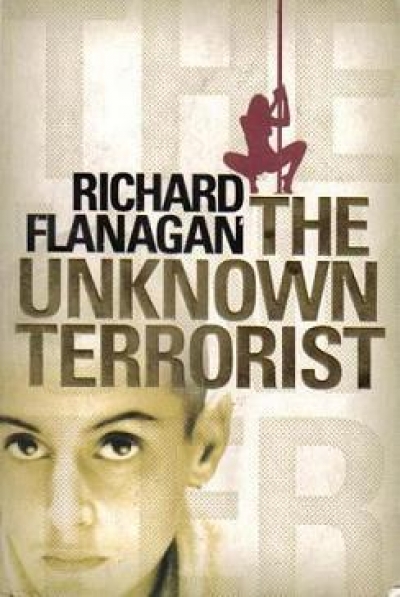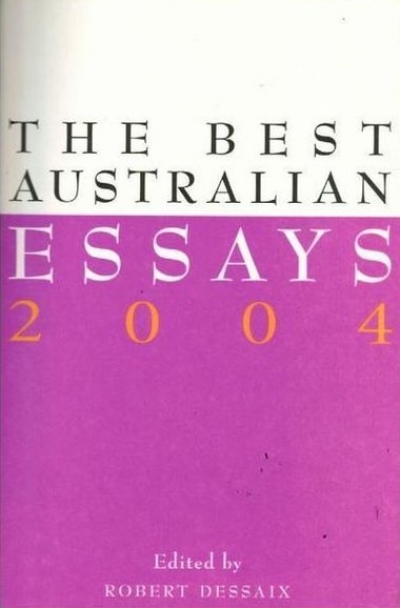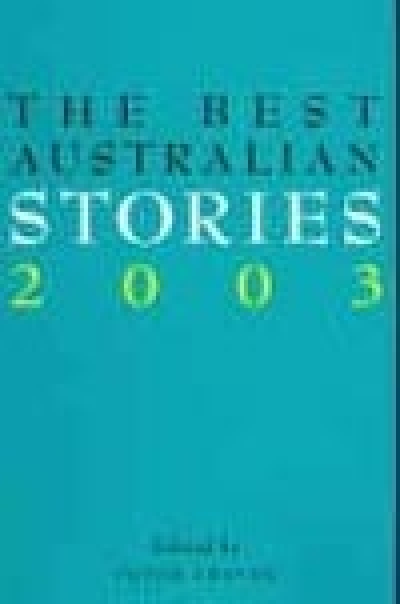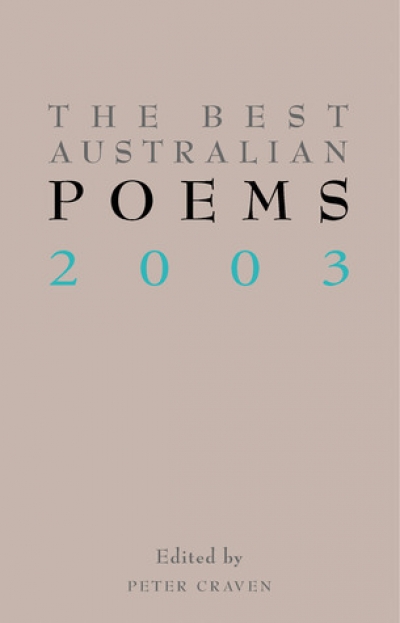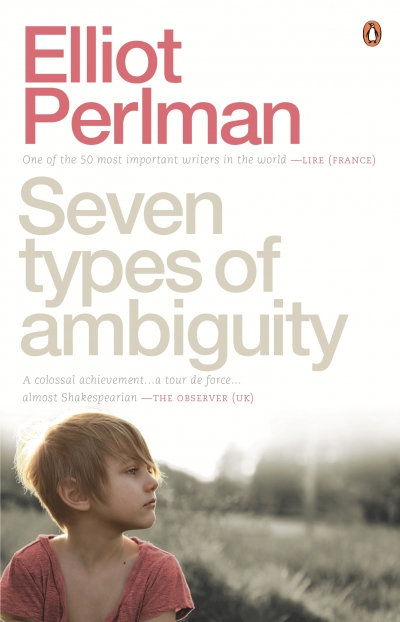Peter Craven
Macquarie Pen Anthology of Australian Literature edited by Nicholas Jose
Josh Hartnett Definitely Wants to Do This: True stories from a life in the screen trade by Bruce Beresford
Dennis Altman
In any given year we will read but a tiny handful of potential ‘best books’, so this is no more than a personal selection. Here are two novels that stand out: Stephen Eldred-Grigg’s Shanghai Boy (Vintage) and Hari Kunzru’s Tranmission (Penguin). Both speak of the confusion of identity and emotions caused by rapid displacement across the world. The first is the account of a middle-aged New Zealand teacher who falls disastrously in love while teaching in Shanghai. Transmission takes a naïve young Indian computer programmer to the United States, with remarkable consequences. From a number of political books, let me select two, both from my own publisher, Scribe, which offers, I regret, no kickbacks. One is George Megalogenis’s The Longest Decade; the other, James Carroll’s House of War. Together they provide a depressing but challenging backdrop to understanding the current impasse of the Bush–Howard administrations in Iraq.
... (read more)To celebrate the best books of 2005 Australian Book Review invited contributors to nominate their favourite titles. Contributors include Morag Fraser, Peter Porter, Kerryn Goldsworthy, Nicholas Jose and Chris Wallace-Crabbe.
... (read more)
